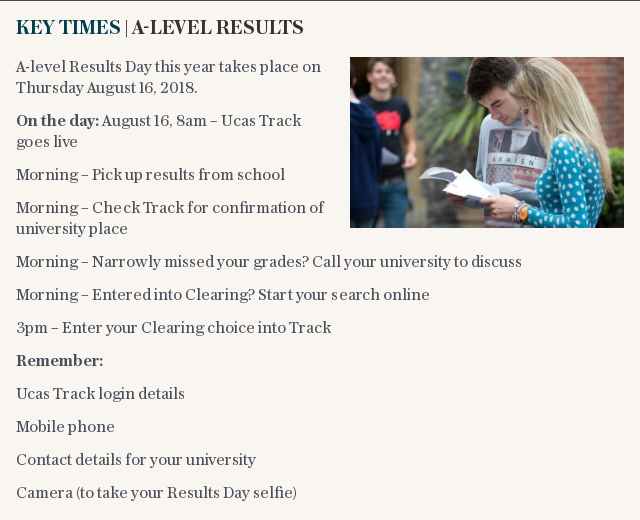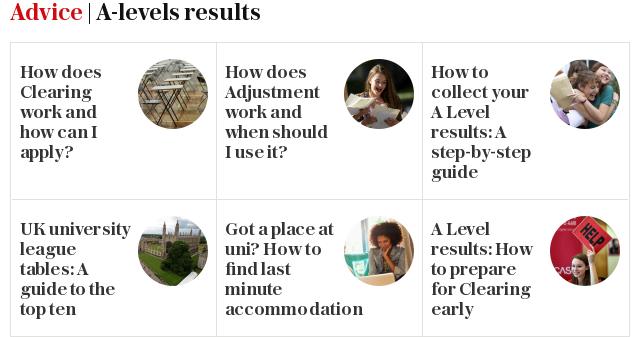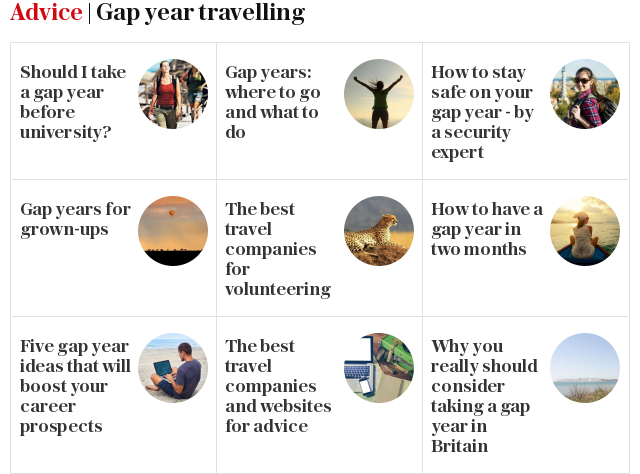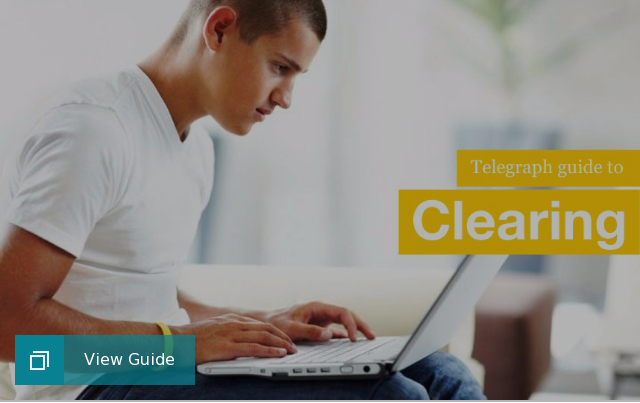How to prepare for Ucas Clearing before Results Day

A-Level results day Q&A
Got a question about A Levels or what to do next? Today, the Telegraph is hosting a special results day Q&A. Education expert and Good Schools Guide consultant Elizabeth Coatman will be on hand to offer advice on everything from clearing and adjustment to gap years and student finance, between 12pm and 2pm.
If you've got a question, you can either leave a comment ahead of time on the Q&A article page, join us today for the live session, or email your question to editorialcommunities@telegraph.co.uk.
Whether you were one of the thousands of International Baccalaureate students who collected their results in July, or one of the many more A-level students who will do so on August 16, missing your grades can often come as a shock.
Even if you had harboured suspicions that you had accidentally missed out a question on the final maths paper, or that you potentially hadn't put enough revision time in for geography, getting that final confirmation and breaking the news to your family can be very emotional.
It's at this point that being proactive is key. But why wait for your results? If you are worrying now, there is nothing stopping you from starting your Clearing research early and getting a head start; this will also give you something to do when you get a little too preoccupied with negative thoughts.
Useful links:

Sit down and analyse your options
If you can, find your nearest willing relative – or, if you're lucky, teacher – to act as a sounding board for your thoughts. Preferably someone patient (with a bit of stamina), who isn't going to interject every few minutes with unhelpful comments.
Talk through how you feel about your results, and how you would like to progress (this may even involve a gap year or a different route altogether). Talk about why you chose your course, what you feel you are good at and what you feel went wrong during the exam.
Then be prepared to listen. You may find that your sounding board has some pearls of wisdom to share. Don't feel pressured to take any of the advice offered; indeed, it may end up simply confirming to you what you definitely DON'T want to do, but at least that will be a step in the right direction.
Not only can talking help you to process your thoughts, if you talk enough, you may find that you get so bored of the concerns you had you'll be ready to take the next step and begin to find a solution.

Look at your course and university choice
Begin by really looking at your course and university choices. For most of you, it was almost 12 months ago now that you settled on your options; having spent another year in education, you may find that there are degrees out there that are better suited to your talents.
With annual tuition fees at £9,000 per year, you need to make sure you are really doing something you are passionate about; this will also benefit your graduate job prospects when you come to finish your course, as people tend to do better at subjects they enjoy.
Ask yourself how much time you initially put into making the decision, did you look into the individual course modules, will you be able to pursue your area of interest not only in first year, but into third year? Will you have to do a long dissertation at the end and how much of the course is exam based?
Now that exams are over, this is the perfect time to really look at the options out there; the diversity on offer really is huge. Don't just assume you have to follow the limited subject base you're offered at school.
Ask yourself what is important to you. Do you want to study abroad for a year, would you like to study somewhere with good industry connections, or maybe you would like to consider a joint honours degree and study two subjects?
Many prospective students fall into the trap of choosing one of the subjects they studied at A-level, rather than branching out and researching similar topics. Without guidance in school, coupled with the pressure to complete your application quickly, it could be that you made a snap decision which you now have time to rectify through Clearing.

Do some leg work online, or in person
Once you've decided on the type of course you want to do, you could take a look at the Complete University Guide to see what universities are best for your subject. Make sure you check out all the categories, such as employment prospects and student satisfaction and cross reference these with other university league tables such as the National Student Survey.
Pay close attention to the entry requirements of each institution. If the Ucas points for entry are higher than your current choices, then it's unlikely you would be offered a place if you fail to meet your grades on Results Day. However, if you already have your grades, and there are vacancies in Clearing, it's always worth giving the university a call to make sure.

When you've narrowed down your options, taken an in-depth look at the courses on offer and satisfied yourself that you would meet the requirements, you should then give the university a call to discuss your options. Ask if you are able to have a chat with the admissions tutor and get your unanswered questions addressed.
Make a note of what you want to ask before the phone call and be sure to present yourself well. Remember, you may not be applying for a place just yet, but it will reflect well on you if you sound keen and enthusiastic about the course and university.
If you can, go on an open day
With all this extra time to play with, this is a fantastic opportunity for prospective students to go and have a look around a few universities.
If you're looking for a structured plan, welcome talk, and full itinerary, then you should probably look into official open days, where you will get all of the above, and more.
However, if you are happy to visit by yourself, then most universities will happily accommodate you and may even provide a map and a tour. Make sure you get in touch in advance and find out what you'll be able to look at.
If sports are your thing, have a look at the facilities on offer; if you are keen to continue with your music, ask how the university can help with this; and if you're a budding actor, is the stage up to scratch?

Furthermore, once you are there, take the time to explore the area as well; how long does it take to walk from the university to the nearest town centre, are you able to take a bus? What are the transport links like for when you need to get home? Is there even a 'nearest town centre', or will your only real social hub be the university campus?
How far is the nearest supermarket? Do you like the atmosphere on campus, or would you prefer to live in a bigger city? How much does it cost to get to the university from your home town and will the journey back be easy; how often do you want to make that journey?
Also worth asking about is what provision the university makes for last minute accommodation for students going through Clearing. Will you be able to live on campus, or will you have to find somewhere yourself?
The more questions you ask, the better idea you'll have of whether the money you spend will be worth it.

Make your application
Once you've made your decision, now's the time to act. If you already have your results and have checked the listings online, you should call the university in question, talk through your decision to apply and see if they will accept your application. You will then be able to enter the course details into Ucas Track.
If you've yet to receive your results, note down the contact numbers of the universities you would like to apply to should you end up in Clearing. Also, note down the courses you are interested in and make sure you have your Ucas log-in details to hand.
While there is no guarantee that any of your chosen courses will end up with vacancies in Clearing (unless they are currently advertised), it's worth having your options in front of you on the day.
When Track goes live at 8am on August 16, and you have your results in hand from your school, you'll be ready to act should things not go according to plan.


